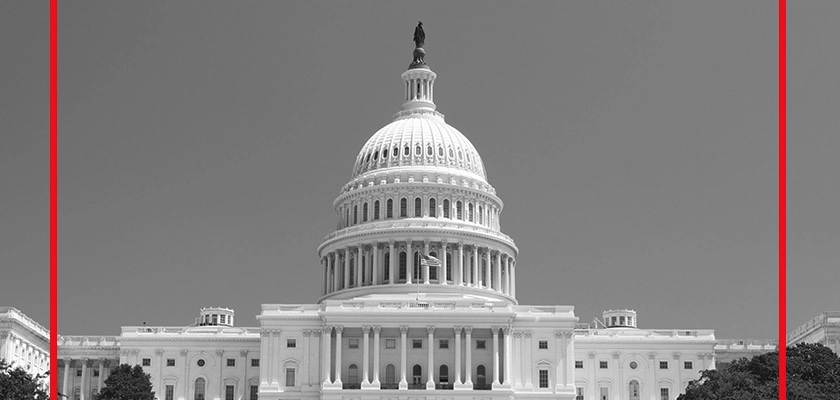"Social Policy, Not the Presidency, Is the Key to Social Movement Success" - Richard Ellefritz, Ph.D. | January 2021
As social movements call for change to policy, it is important to understand that these issues have lasted longer than a president, or specific political party.
Assistant Professor of Sociology
University of the Bahamas

Sociologist Fabio Rojas opens his editorial published on November 6, 2020, with the following: “The era of President Donald Trump appears to be nearly over, and people will soon move on.” The final verdict on the election results will likely produce a president with profoundly different policies than the previous president. However, the question is whether policies will truly change to fulfill the demands of recent protests, inclusive of the Black Lives Matter movement, over the past several months.
Rojas proposes that policies, not presidents, should be the focus of activists and social movements, but this is problematic considering that social movements of the 21st century often are comprised of individuals who share the same political party affiliation. Therefore, movements tend to ebb and flow with presidential administrations. Rojas considers this “a bad thing” because diverse coalitions of people who can move past party politics of the day are needed to bring about broad, far-reaching social change.
If individuals unite under the banner of party affiliation in order to move together toward their cause, such as immigration reform, they might miss the fact that deportations did not start with Donald Trump, but rather date back several administrations representing both Democrat and Republican administrations. Therefore, Rojas says, movement activists should focus on policies, not presidents. Time will tell if the Biden administration can live up to its promises to provide a pathway to amnesty for immigrants, but regardless of that single issue, there are many social issues that can be addressed if coalitions could put aside politics while focusing on the goal of social change. This is a tall order considering how politically divided the U.S. citizenry has become.
For example, the anti-war movement during the Bush administration, which was nearly uniformly comprised of Democratic Party affiliates, dissipated during the Obama administration despite its continuation of the Bush administration’s Middle Eastern military policies. Perhaps if broader coalitions were formed, for example with the minority of Republicans and the majority of Liberals who opposed Bush’s foreign policies, the anti-war/pro-peace movement could have helped save multitudes of lives between 2001 and 2016.
Certainly, there are diverse sets of individuals who make up most social movements. One problem Rojas points out is that recent research on Black Lives Matter protests shows that most activists affiliate with the Democratic Party. This is not inherently good or bad, but what makes this “a bad thing” is that the movement might miss its goals by not partnering with its oppositional political party. Since the movement has formed along party lines, the central issue of concern to protesters—i.e. reforms that address excessive use of force and homicides committed by law enforcement officers who go unpunished—is considered a partisan issue. Therefore, it dissuades Republicans from joining the cause.
Consequently, talking points developed by or for Republicans about Black Lives Matter frame its activities and agendas in ways that detract attention from this issue that could help achieve the movement’s goals, which would save lives and end (some forms of) state-sanctioned violence, namely excessive use of force by law enforcement officers.
Questions for Discussion
- What social forces might explain what has caused recent social movements to form along party lines, i.e. political ideology and affiliation?
- Considering the current social, political, economic, cultural, and demographic divisions in society, is there any social issue that could inspire a bipartisan coalition of activists to form a social movement?
- What issues or social problems that you want to see addressed might be important enough for you to become allies with people who do not share your worldview?
References
Source: USA Today, November 6, 2020 Opinion
“Why Activists for Police, Immigration Reform Need to Focus on Policies, Not Presidents.” By Fabio Rojas
https://www.usatoday.com/story/opinion/2020/11/06/activists-police-immigration-reform-must-look-beyond-partisanship-column/6171924002/



